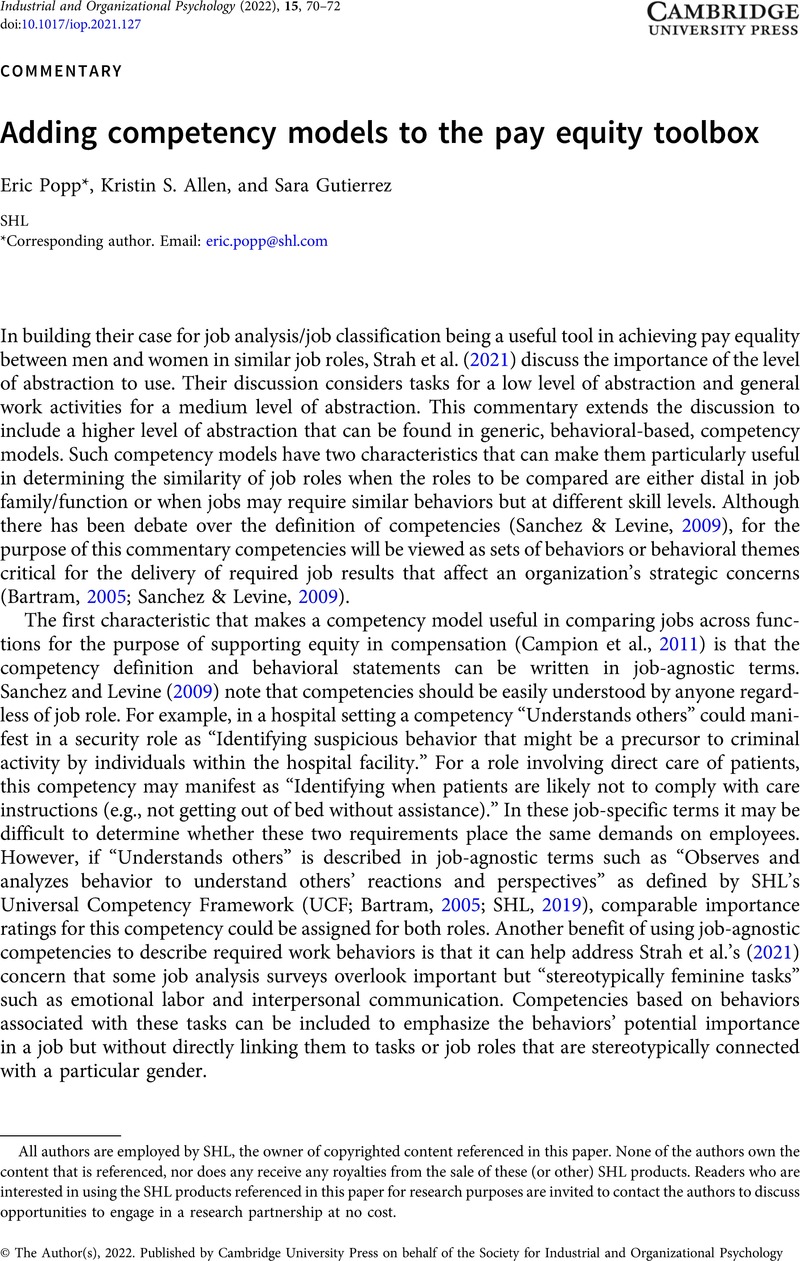Crossref Citations
This article has been cited by the following publications. This list is generated based on data provided by Crossref.
Hughes, Claretha
Niu, Yuanlu
and
Greer, Tomika W.
2025.
Career Development and Virtual Remote Work.
p.
1.



